Thanks for watching Matter!
🔔 Hit the bell next to Subscribe so you never miss a video!
❤️ Like, Comment and Subscribe if you are new to the channel!
Scientists FINALLY FOUND a new way to travel faster than light!
The idea of using “warp drive” technology, which used to be just a fantasy, is now becoming a real scientific topic. This is a big shift in how we think about exploring space. Think about it: right now, space travel is super slow. For example, Voyager one, a spacecraft launched in nineteen seventy-seven, took thirty-five years just to leave our solar system. But if we could travel faster than light, the possibilities for exploration would skyrocket. We could go from being stuck on Earth to becoming explorers of the whole universe. But we have to ask ourselves: are the same laws of physics that hold us back also hiding the secret to breaking free?
This concept could change the game for space travel, showing us that the physicist’s speed limit might not be as final as we thought. If we stop thinking about speed in the traditional way and focus on bending space itself, we might be able to do what once seemed impossible. The potential is mind-blowing. If we could actually make this work, it would transform our relationship with space. Suddenly, interstellar travel wouldn’t be just a dream—it could become a reality. We could visit distant galaxies, study planets far from our solar system, and even start colonies on other worlds.
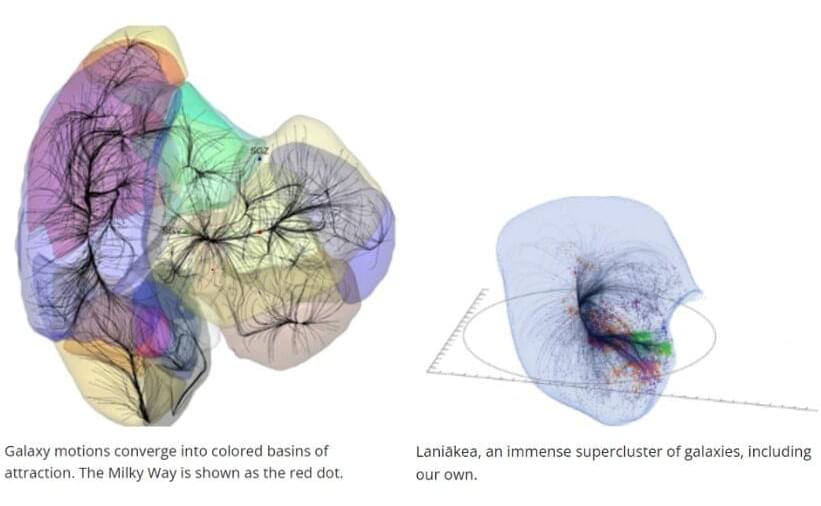
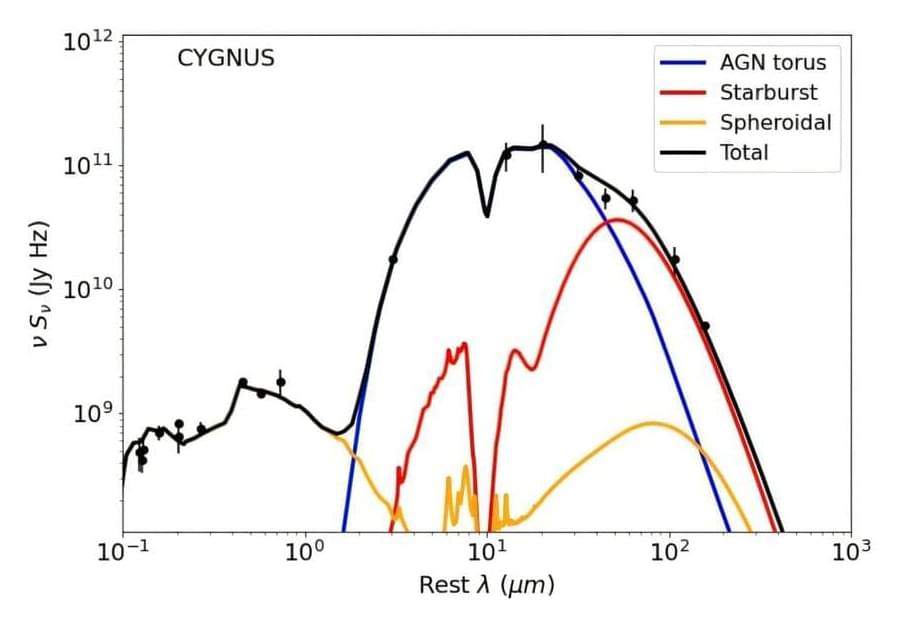
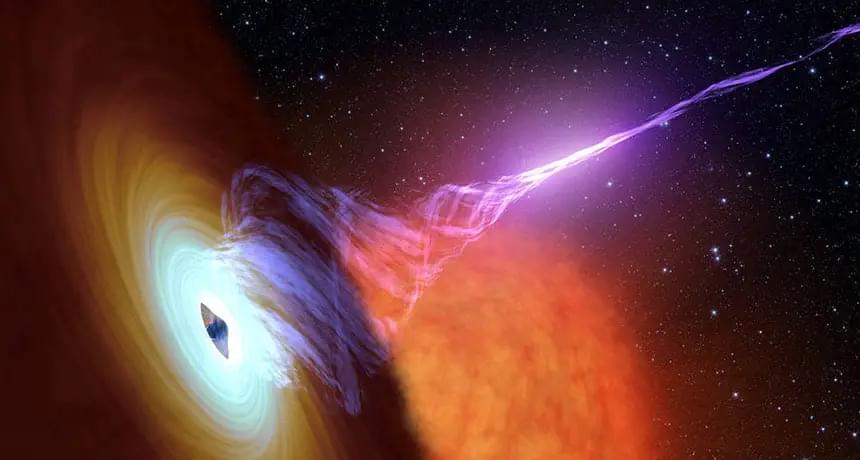
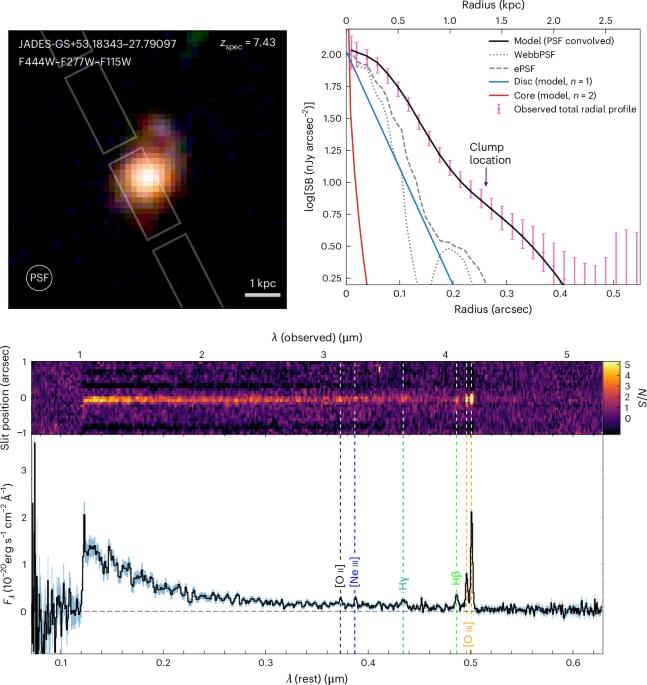
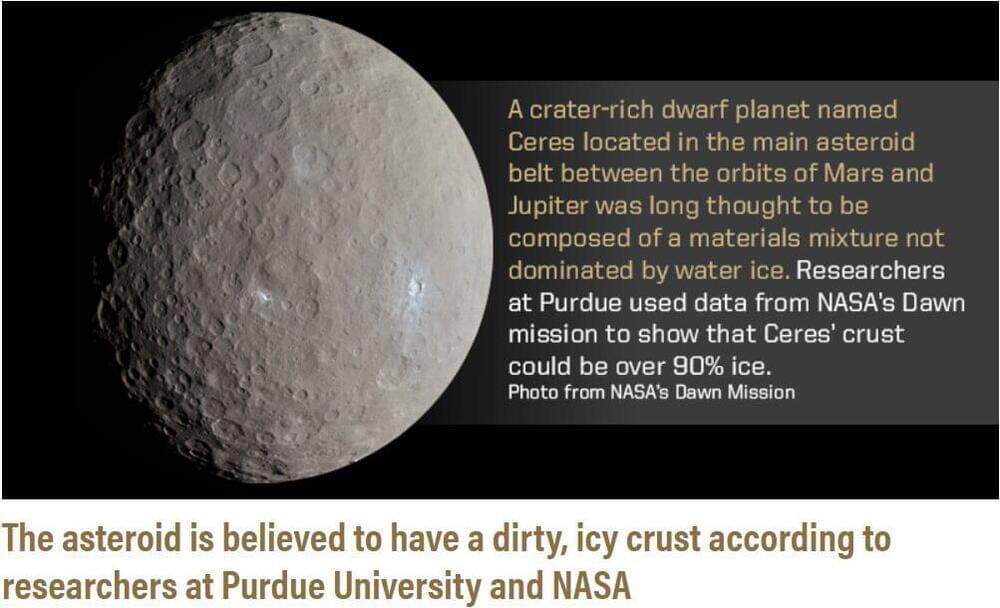
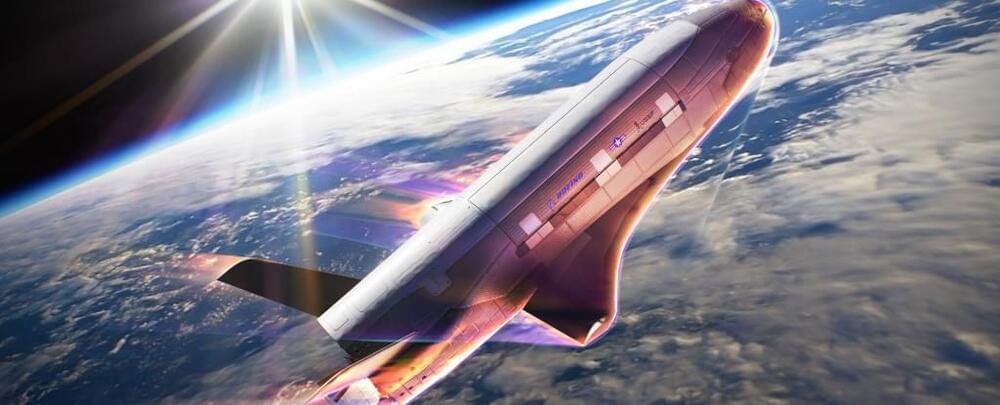
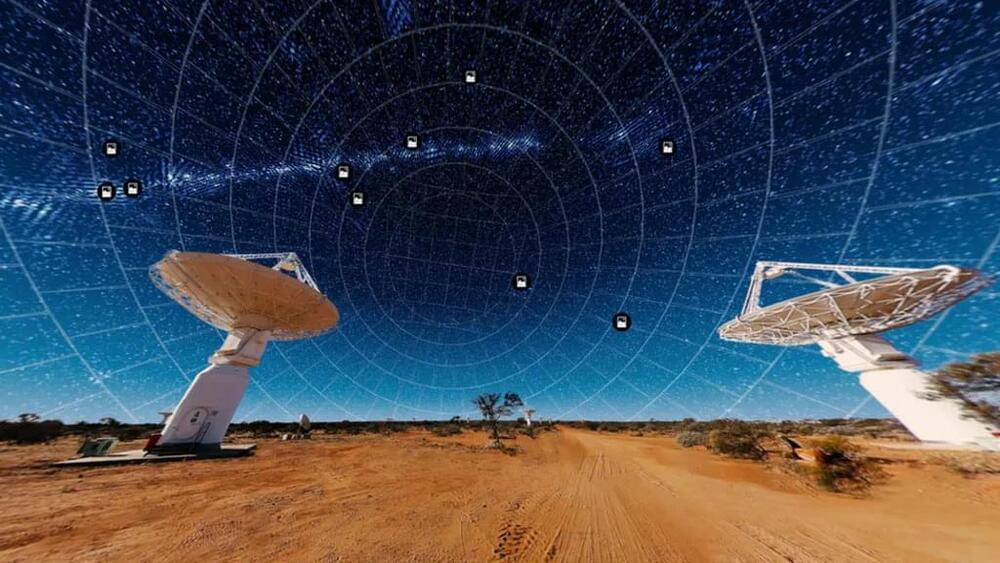
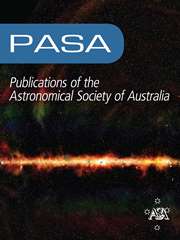
 $\sim$15 arcsec resolution) and catalogues of about three million source components with spectral index and polarisation information. In this paper, we present a description of the RACS survey and the first data release of 903 images covering the sky south of declination
$\sim$15 arcsec resolution) and catalogues of about three million source components with spectral index and polarisation information. In this paper, we present a description of the RACS survey and the first data release of 903 images covering the sky south of declination  $+41^\circ$ made over a 288-MHz band centred at 887.5 MHz.
$+41^\circ$ made over a 288-MHz band centred at 887.5 MHz.